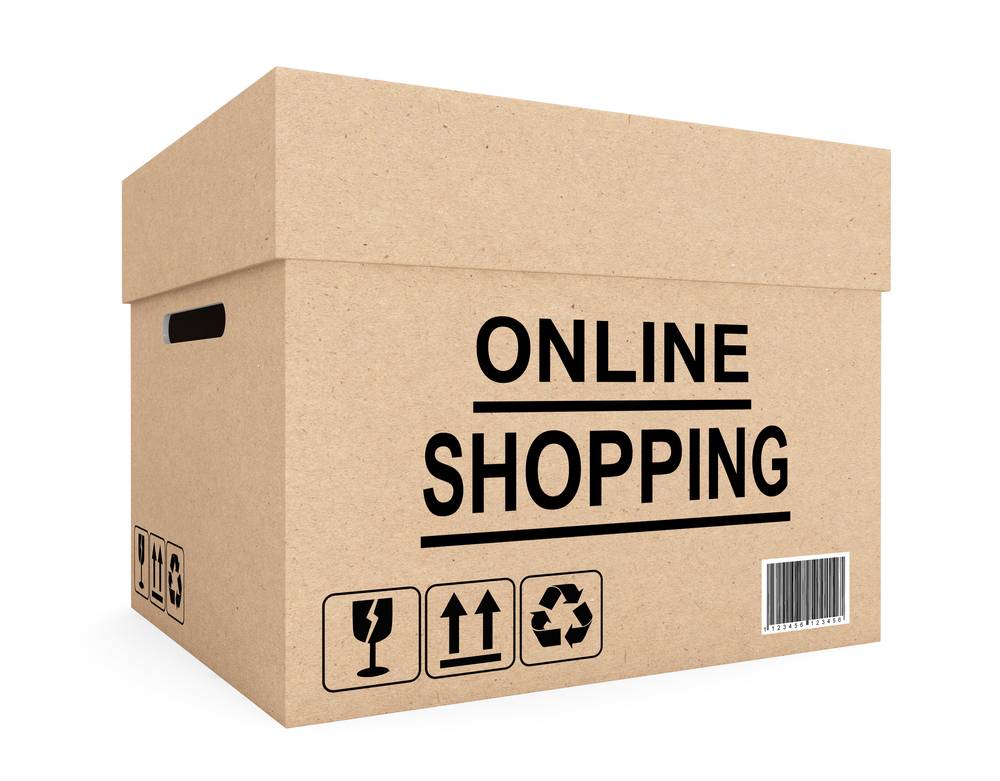In many ways its surprising that any ecommerce website can compete with Amazon.
Whatever you’re after, Amazon will probably have it in stock, and at the most competitive price. Many ecommerce website owners decide to sell their products through the Amazon platform as well, but the 15% selling fee they charge (plus additional charges for fulfilment and inventory storage), can drastically cut into profits; not so much of a hit if you sell high volumes of products of course.
Competing with Amazon is enough to put anyone off; it has vast resources, a crazily extensive product range and not to mention an extremely loyal and established customer base. But it’s not all doom and gloom if you’re thinking of selling online. It is possible for smaller online stores to carve out a niche for themselves and find online success. If you are up for the challenge, then here are some points for you to consider…
The Niche Market:
If you have a specific product that appeals to a niche market, your online store will immediately appeal to customers who are looking for something different. Concentrating your efforts and tailoring your offerings to a niche market will help differentiate you from your competitors and help you build a dedicated customer base.
Unique Value Proposition (UVP):
What makes your particular product or brand stand out and superior to your competitors? Is it the quality, outstanding customer service you provide, or any other factor? Proactively communicating this uniqueness (referred to as Unique Value Proposition, or UVP) to customers will give them confidence in choosing to do business with you.
Customer Service:
When shopping online, everyone wants to know that should anything go wrong, someone will be there to resolve the issues smoothly and quickly. Providing exceptional customer service is invaluable in helping build a solid and loyal customer base and can put you ahead of your competitors.
Focus Locally:
Customers often choose to shop away from the big online stores, preferring to and seek out and support local businesses. Online stores that focus on locally sourced, unique, or handcrafted items for example, can quickly establish themselves with a loyal customer base that ‘spreads the word’.
Community Engagement:
Continuing from the above, these online stores can further build their brand by proactively communicating with the local community. It has never been easier to promote your business and products; social media channels provide the perfect platform to engage with audiences and create loyal customer bases.
Quality Content:
Online customers want to make an informed decision about what they buy, simply because the product is not there for them to touch and see. Well written descriptive website content including high quality images and product videos can win customers over and give them confidence to buy.
Local SEO:
Making sure that customers find your local business when they search will be top priority. This can be achieved through careful optimising of your website, so that it appears high in the local listings. Creating a Google My Business profile, creating text content with location-specific keywords, and creating backlinks from local businesses and organisations can all assist in your local SEO efforts.
Competitive Pricing:
Of course, customers will be price sensitive, and trying to beat Amazon on price will always be challenging. Think creatively on how you can be competitive in other ways to lure customers in to shop, for example, offering value through bundled deals and providing exclusive discounts through loyalty programs.
Closing thoughts…
Going up against Amazon may sound crazy, but many ecommerce businesses choose to use Amazon as another platform to sell their own products. Many smaller online stores can achieve success as well by employing the above strategies. Creating and nurturing your own unique brand identity, focusing on customer service, and offering something special to your niche market can all help you build a loyal customer base. As with any business, don’t forget to revisit, assess, and refine your strategies in order to align yourself to the ever-changing marketplace and customer preferences.


